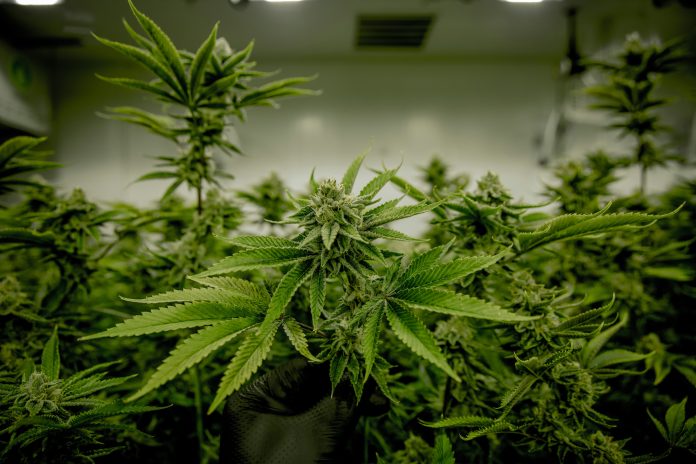Last week, President Cyril Ramaphosa signed the Cannabis for Private Purposes Act (CfPPA) into law, establishing a legal framework for the use, possession, and cultivation of cannabis. Despite this milestone, the Cannabis Development Council of South Africa (CDCSA) has voiced strong opposition to the new legislation.
The CfPPA removes cannabis from the Drugs and Drug Trafficking Act and facilitates amendments to various legislation, including the Medicines and Related Substances Act and the Plant Breeders Rights Act. The act also outlines regulations for the medical administration of cannabis to children and prohibits dealing of the plant.
South Africa has passed the Cannabis for Private Purposes Bill, officially regulating possession, use, and cultivation in private settings. The new law removes cannabis from the Drugs and Drug Trafficking Act and sets out clear guidance on personal usage👇https://t.co/S5QtGZJpW7 pic.twitter.com/RwnIAoFDyp
— CINV (@cinvofficial) June 1, 2024
But chairperson of the CDCSA, Gareth Prince, argues that the bill fails to address key issues for the Rastafari and cannabis communities.
“The one thing that the bill was supposed to have done, it doesn’t do. It does not tell adult South Africans where they can legally source cannabis. Without telling us where we legally buy and sell cannabis, the [act] is actually just pushing us into the hands of the police – which is exactly the state that we’ve had for the past 100 years.”
Prince announced plans to challenge the constitutionality of the CfPPA, emphasising that, despite the apparent legalisation, the act contains loopholes that perpetuate criminality. Especially by not detailing legal avenues for buying or selling cannabis.
“The cannabis community will most definitely contest the legality and the constitutionality of this [act].. It is not what we asked for, it’s not what we hoped for. The fact that it took them six years, in order to give us nothing, is just unacceptable. We need to hold our lawmakers to stronger levels of accountability and transparency.”
He also criticised the lack of meaningful public consultation before the bill was passed.
“Communities must feel that they were respected in the legislative process and that they had sufficient purchase in the enactment of the new laws…. That did not happen, in respect of the two most important provisions – which is around commercialization and the use of police force to regulate cannabis.”
Although the CfPPA aims to promote the “cultivation, possession, and use of cannabis,” Prince says these goals are undermined by the absence of legal mechanisms to purchase seeds or other parts of the plant.
Prince says South Africans and the national government have the opportunity to benefit from the multi-billion Rand industry, noting that it can be as lucrative as the alcohol or tobacco industries. This especially true when taking the government’s “Cannabis Master Plan” into account, he says.
Prince urges South Africans to pressure the incoming National Assembly and other government officials to address these grievances.


